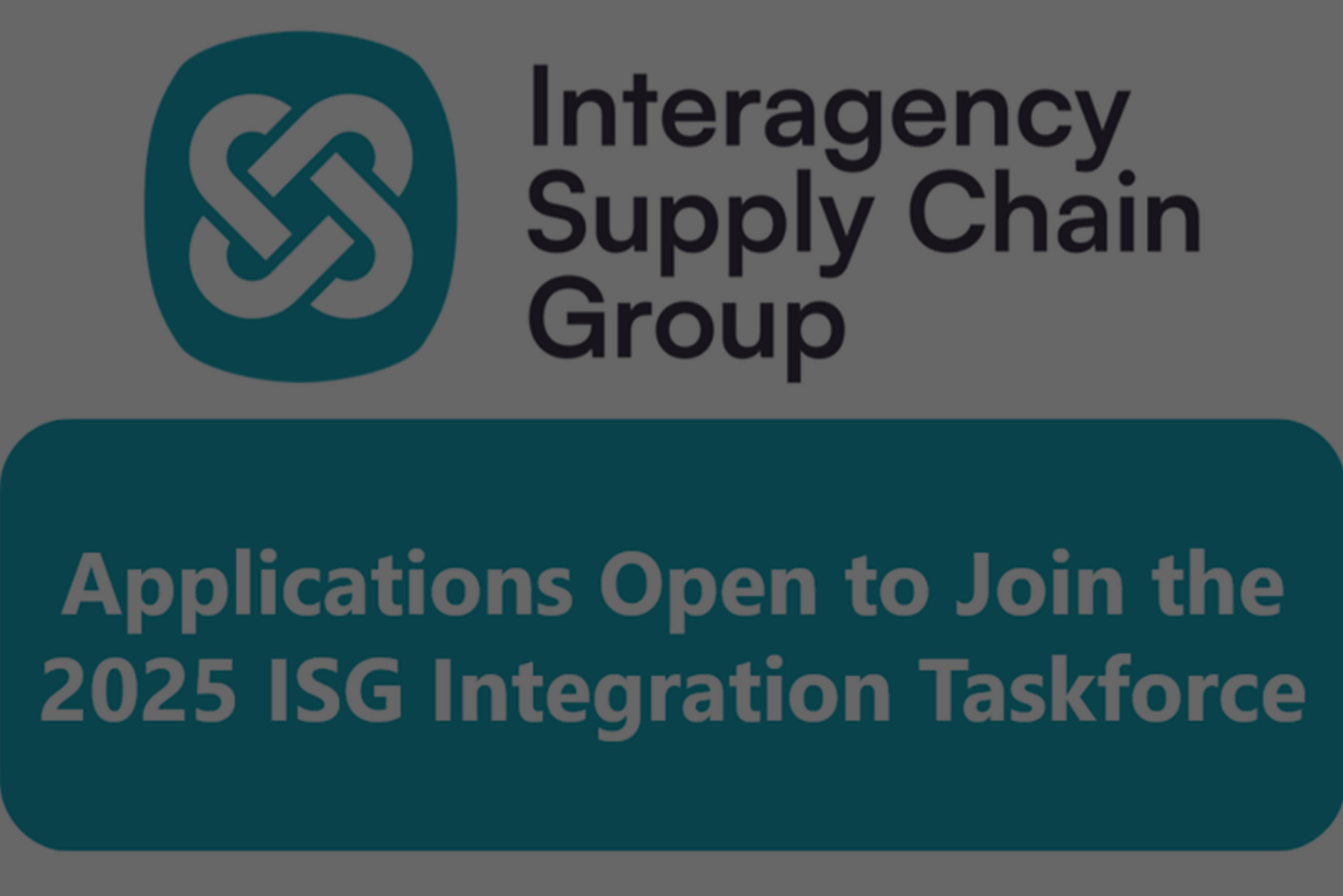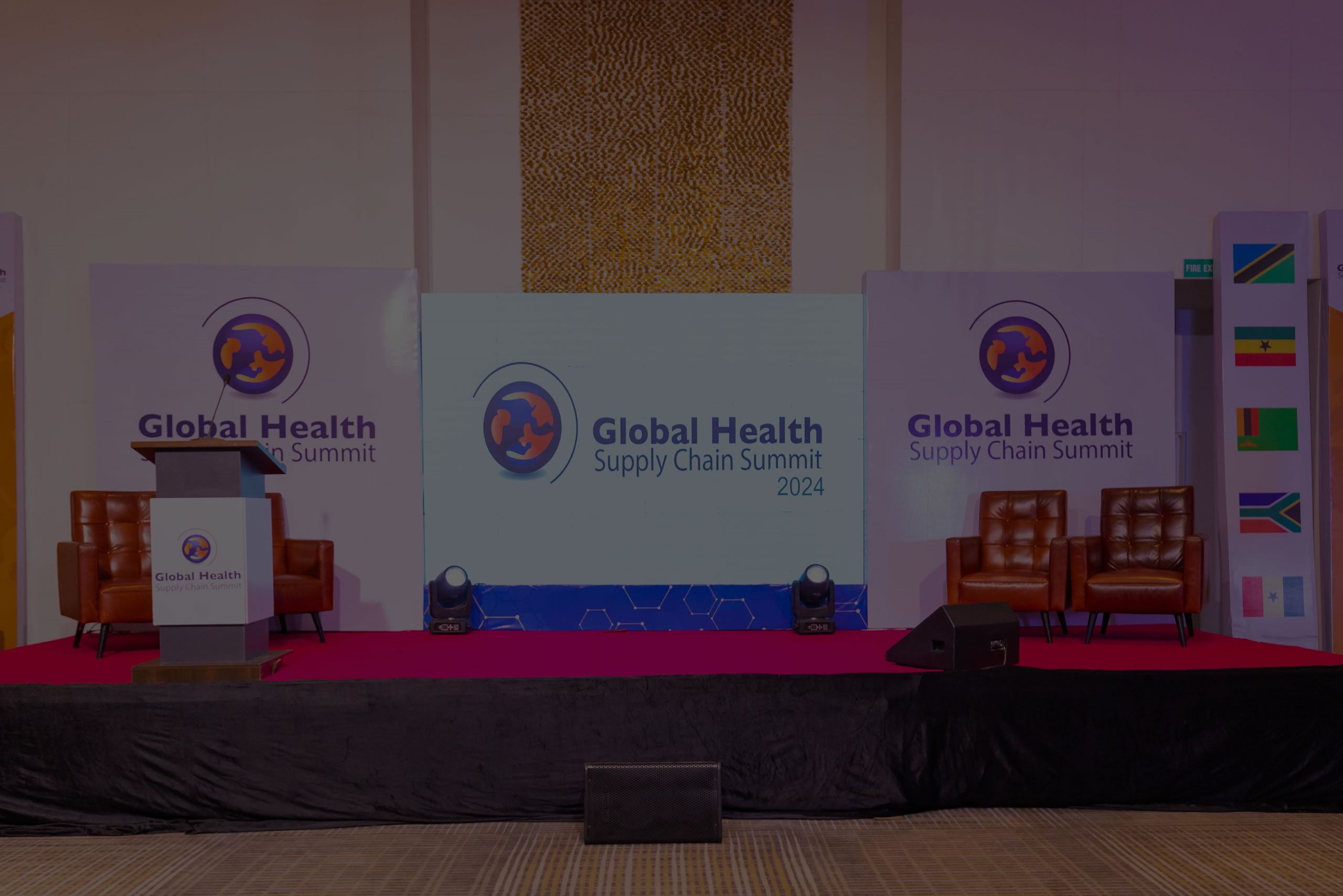NextGen
USAID aims to increase the capacity of global supply chains through redesigned programme
The United States Agency for International Development (USAID) is in the process of redesigning its current Global Health Supply Chain Program. The Next Generation Global Health Supply Chain Suite of Programs, or NextGen, will transform USAID’s global health supply chain programme, building on lessons learned.
NextGen will improve the capacity of global supply chains and enhance the ability of in-county supply chains to support end-user delivery. And, through NextGen, USAID will segment supply chains to meet the unique needs of the communities USAID assists and the characteristics of the products they need.
Why NextGen?
With NextGen USAID is aiming to maximise the availability, quality and affordability of medicines and other health products, strengthen local capacity, and advance country-level sustainability and promote locally-managed procurement and supply chains in the countries where USAID works; all this while reducing waste and fraud.
Through NextGen, USAID’s Bureau for Global Health will accelerate the use of private-sector capabilities to improve the services it provides to beneficiaries. It will also increase visibility at the point of service, strengthen demand planning and promote the appropriate use of medicines and other health products by providers, pharmacists, dispensers and consumers.
Crucially, USAID will focus its technical assistance to support governments to act as stewards, rather than as supply chain operators, to ensure the availability and security of health commodities and help create functional and efficient regulatory and oversight systems.
With the launch of NextGen USAID expects to issue multiple contracts totalling approximately USD 16 billion over a period of ten years. It aims to attract new partners, operators and service providers and will award contracts in areas including in-country logistics, quality assurance, procurement and delivery services, technical assistance and risk management.
Read more about NextGen here.


